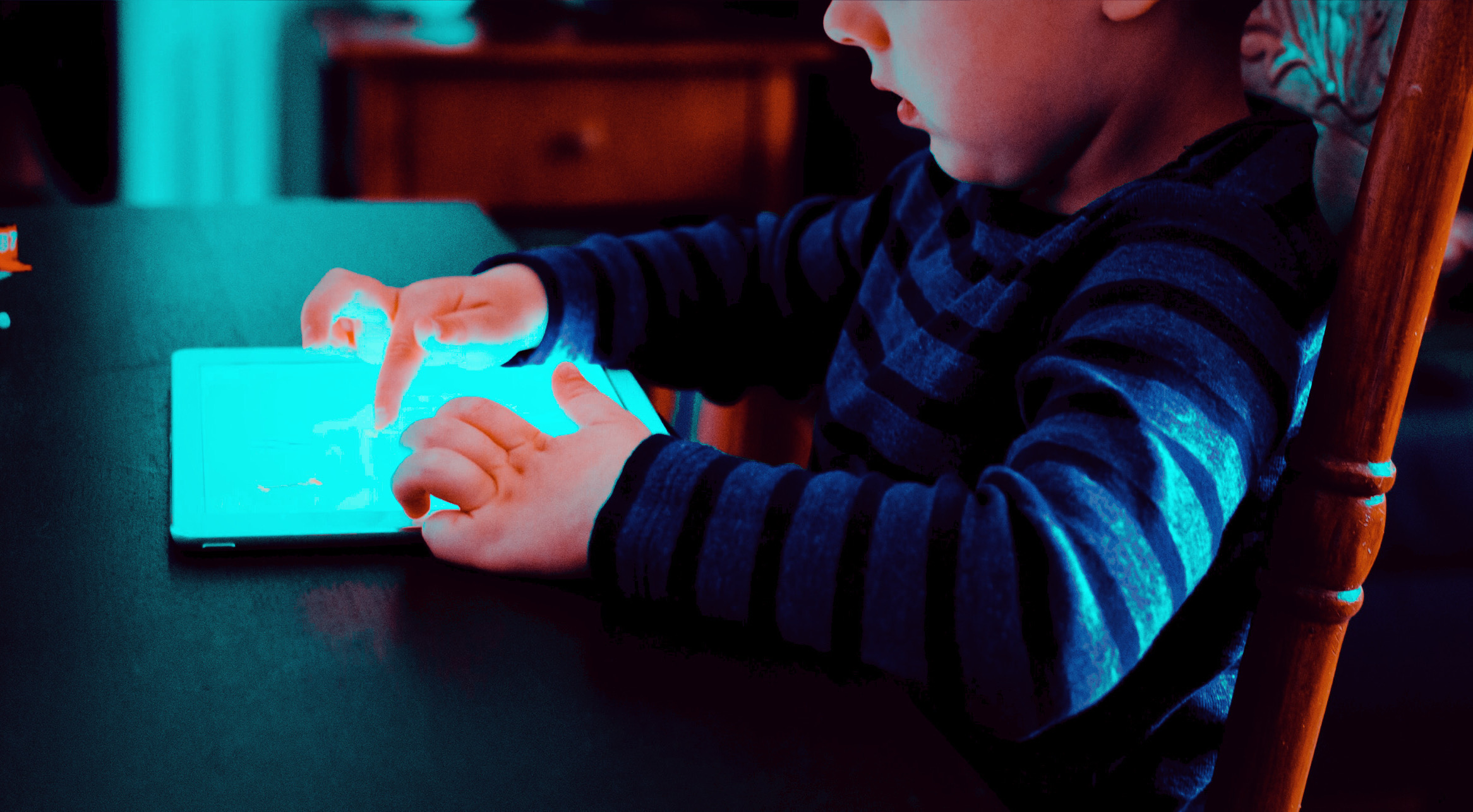There seems to be endless missions out there to teach kids STEM, enroll them in coding camps, and ensure they understand the language of technology. Meanwhile, kids are severely lacking in learning the language of humans. 64% of all eighth-grade students are unable to read proficiently. Further, 82% of black students and 77% of Hispanic students are not reading proficiently.
Traditional reading curriculums are failing our students. Stacked up against some of the most visually stimulating times – Netflix to YouTube to TikTok – we need to upgrade how we teach reading skills.
The Instagram Bookstore is a great start. By updating The Great Gatsby, The Raven, and Alice in Wonderland – staples of reading curriculums – to fit the Instagram Stories format, they are meeting people where they are.
But this doesn’t change the fact that kids can no longer relate to the American classics.
If you want to learn to draw, then you draw something you have an eye for. If you want to get in shape, then you do an activity you enjoy. That’s how you get the best results.
So why do we expect that kids will want to read things they don’t enjoy?
Our reading curriculums should appeal to kids’ interests. Why not infuse our reading curriculums with the words that engage kids the most throughout their life: music?
Reading Lyrics
Many kids are reciting lyrics before they can read. You don’t need data to prove this. Just look at your nieces, nephews, grandkids, or friend’s kids.
Those songs they’re singing are packed full of similes, metaphors, cacophonies, captivating storytelling, etc. The same literary devices taught to 3rd and 4th graders through Magic Tree House books are present in Billie Eilish’s Bad Guy or Lil Nas X’s Panini (those are songs in case you’re out of the loop).
I would love to create a tool where you build a learning and reading experience around song lyrics. Essentially, using people’s favorite songs to teach them something. I think that would significantly raise reading comprehension.
Interest-based learning is incredibly effective.
Millions of foreigners learn English on this YouTube channel that teaches English through American Sitcoms such as Friends, Seinfeld, etc.
Ryan learned the guitar with this style of interest-based learning:
Once a week, I’d take my guitar and iPod to my lesson and tell my teacher a favorite song of mine. After listening through about 2-3 times, he’d write down the tableture (chords) of the entire song. We’d practice a bit and the next week I’d come back a master of a favorite song of mine. It was a very effective way of learning the guitar.
Ryan
Fender has even just created a subscription app that mimics the same process of chord learning through favorite music that Ryan mentioned.
I’m confident that reading comprehension scores could flourish under a system that taught kids necessary literary skills through their favorite music.
This is actually an idea I’ve been working on piecemeal, under the name Grind Over Glamour. Back in March of 2019, I pitched the idea on Milwaukee’s Project Pitch It and got second place. I’m always looking for supporters, entrances into school districts, and other collaborators if this is something that interests you.
The youth are our future. You can criticize them all you want for being glued to their cell phones, having short attention spans, and not knowing how to get out and smell the roses. But that’s not their choosing. It’s what they were born into.
I want everyone’s future to be brighter. And I think we’re doing our youth a disservice right now.
I fear a world that continues down the path of illiteracy and media that captures us with clickbait and 2-second clips.
